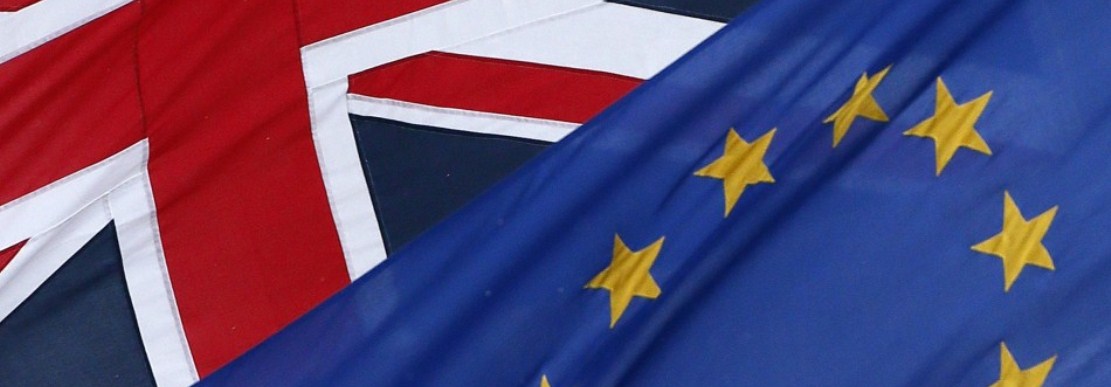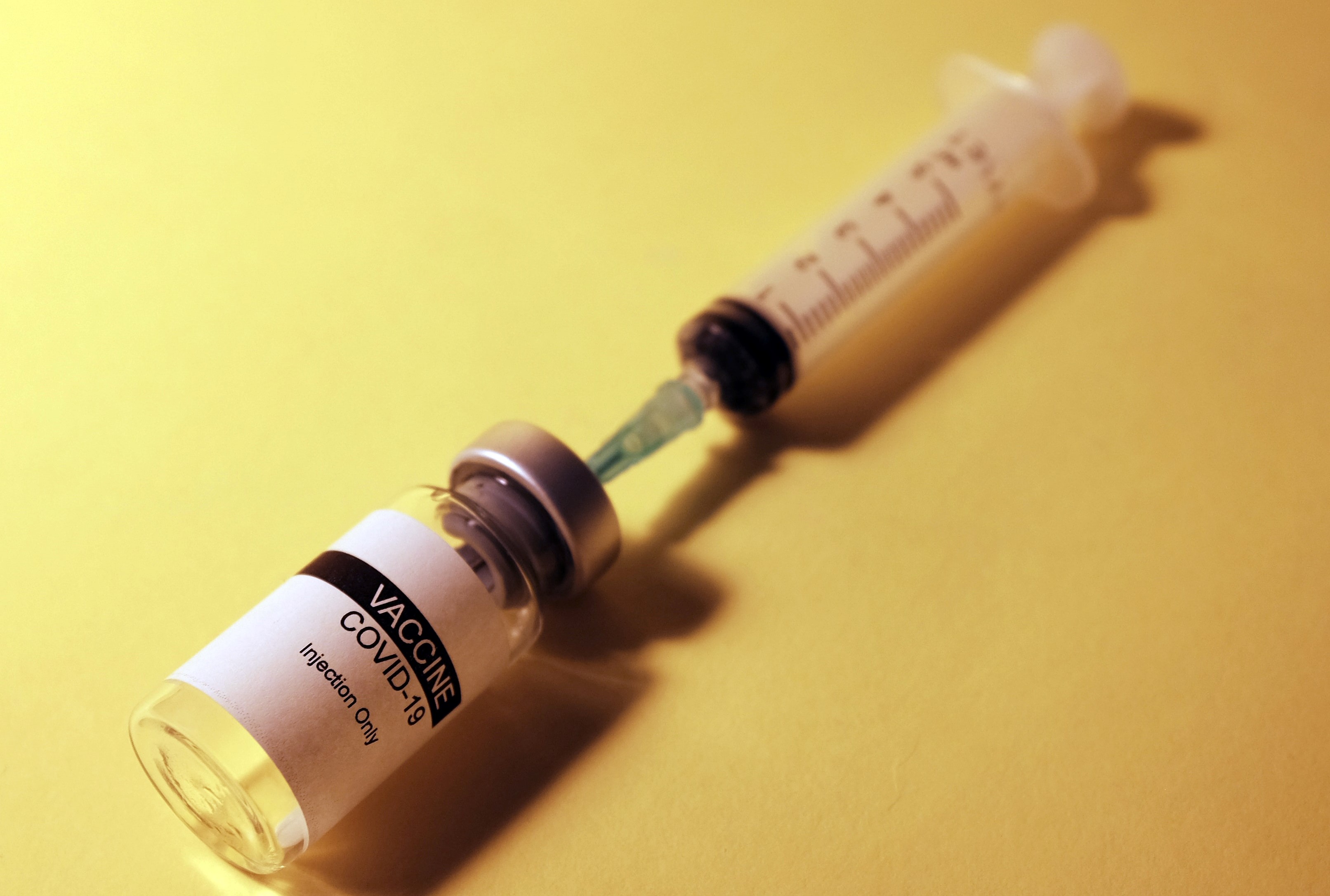By Tarini Tiwari, Inquire Newspaper News Editor and University of Kent student.
With the end of the COVID-19 pandemic in sight, the world is continuing its vaccine rollout. The Serum Institute of India has been the world’s largest vaccine supplier, having an annual COVID-19 vaccine production of 50-60 million doses in late 2020, according to Business Today. Domestically, India has been administering two vaccines: Covaxin, an Indian jab that is free for all citizens at state hospitals, and Covishield, a vaccine licensed from the Oxford AstraZeneca combine. Both the Oxford vaccine and Covishield are ChAdOx1-S recombinant vaccines developed by AstraZeneca and Oxford University. The key difference: the former is manufactured by AstraZeneca, while the latter is made in India. As the European Union set out its travel guidelines for the summer, it excluded Covishield from its list of accepted vaccines to have been administered to travellers while approving Oxford AstraZeneca. The implication was clear: the EU did not trust a vaccine produced in South Asia.
Covishield did not seek approval from the European Medicines Agency (EMA), but travellers who had received the vaccine presumed they would be offered the same freedoms as those dosed with AstraZeneca. The problem, however, runs deeper than merely seeking approval. Covishield is now being treated as a sort of ‘bootleg’ version of AstraZeneca, when it’s been administered to hundreds of millions of people in the second-largest country in the world as well as across Africa and seen resounding success. The vaccine works, and it’s being produced and exported by an Indian company that is single-handedly pulling the world out of the pandemic. Racism exists in more ways than one, and treating a vaccine as inferior to its identical counterpart because it’s produced in India feels like a racist attack on Indians. The World Health Organisation (WHO) approved Covishield and therefore laments that countries cannot see this approval as reason enough to permit travellers who received the jab.
“This is a great pity because AstraZeneca-Covishield is exactly the same vaccine as AstraZeneca-Vaxzevria, which is accepted as proof of vaccination,” said Richard Mihigo of the WHO Regional Office for Africa. The WHO also emphasised that, considering wealthier countries have been able to offer more doses, it is untenable to make proof of vaccination a prerequisite for travel in any circumstances.
Seven EU countries have now authorised Covishield as a permissible vaccine to have before travelling. However, this was not a direct consequence of Serum Institute CEO Adar Poonawalla fighting for its approval, tweeting “I realise that a lot of Indians who have taken COVISHIELD are facing issues with travel to the E.U., I assure everyone, I have taken this up at the highest levels and hope to resolve this matter soon, both with regulators and at a diplomatic level with countries.” It came on the back of British tourists expressing their frustration with not being able to go on holiday. The Schengen Visa Info website phrased the circumstances that these tourists found themselves in as “the frustration of Britons who unwittingly received the vaccine.” All this presents two key issues: The first is that the anger of British people outweighs the anger of an experienced Indian vaccine manufacturer, hundreds of millions of people across various African nations and over one billion Indian people. The second is that receiving the Covishield vaccine in the West is being phrased as “unwittingly” being dosed with it, as though it is a poison that slipped through the cracks and not an exact substitute for AstraZeneca.
As Germany removed certain travel restrictions for Britain, it did the same for India, aware that travellers had received largely the same vaccine in both countries. This is a step in the right direction. However, there is still a lot of work to do surrounding levelling the playing field for vaccines developed worldwide. Cuba’s vaccine is being referred to as “homemade”, Covishield is fighting for equal approval. Denying access to the West on the grounds of ‘inferior’ vaccines is modern-day colonialism, forcing nations to unnecessarily purchase expensive Western vaccines in order to be accepted.
Blog posts express the opinion of the author and do not necessarily reflect the view of the Global Europe Centre or its affiliates.

